 Get
Get
Central African CFA Francs Fast!
- Free home delivery over £750
- with Royal Mail Special Delivery 1pm
- Better rates than the banks


“Easy process from start to finish. Competitive prices and excellent customer support. Would highly recommend and will use again.”
Emma Thompson
Are you travelling to Central Africa?
Get the best Central African CFA franc currency rates online
Prepare for your journey and buy Central African CFA francs from Manor FX today.
Our excellent Central African franc exchange rates ensure you’ll have extra XAF cash for your trip.
You can have your banknotes delivered directly to your home or office. Or visit our Manor FX bureau near Heathrow for a convenient pick-up.
Manor FX ensures quick delivery and a straightforward online ordering system for your Central Africa francs travel funds.
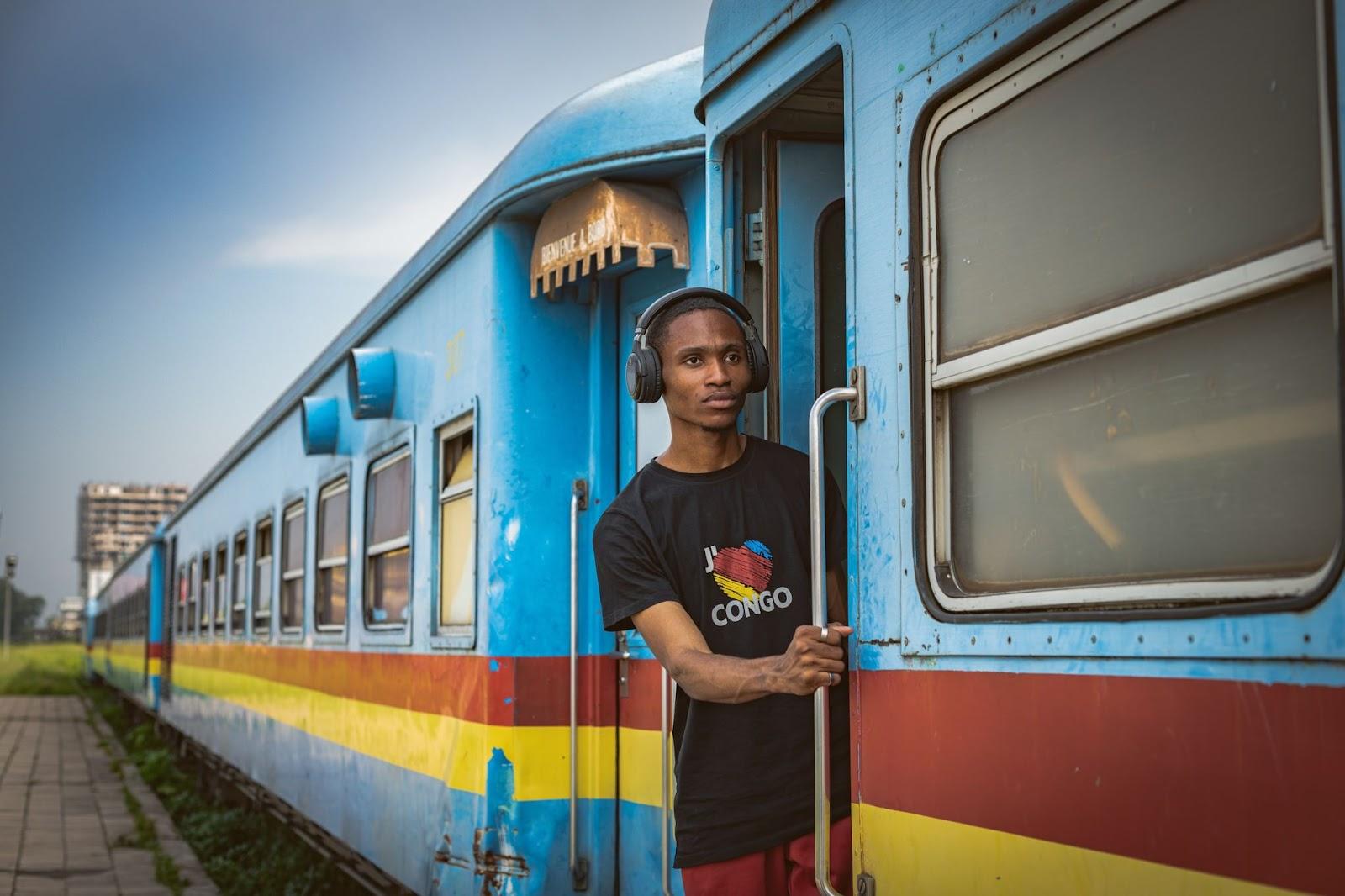
Central African travel money
Prepare for your Central African adventure with some valuable information about cash and card payments.
Which African countries use the CFA franc?
These are the six independent states that use the Central African CFA franc. (XAF currency).
- Cameroon
- Central African Republic
- Chad
- Republic of the Congo
- Equatorial Guinea
- Gabon
Can I buy CFA francs in the UK?
Yes. But CFA francs are not available at most banks or the Post Office.
We recommend you look no further; our rates are the best in the UK.
You can choose to have your travel money delivered to your home or office and avoid rubbish airport exchange rates and high fees.
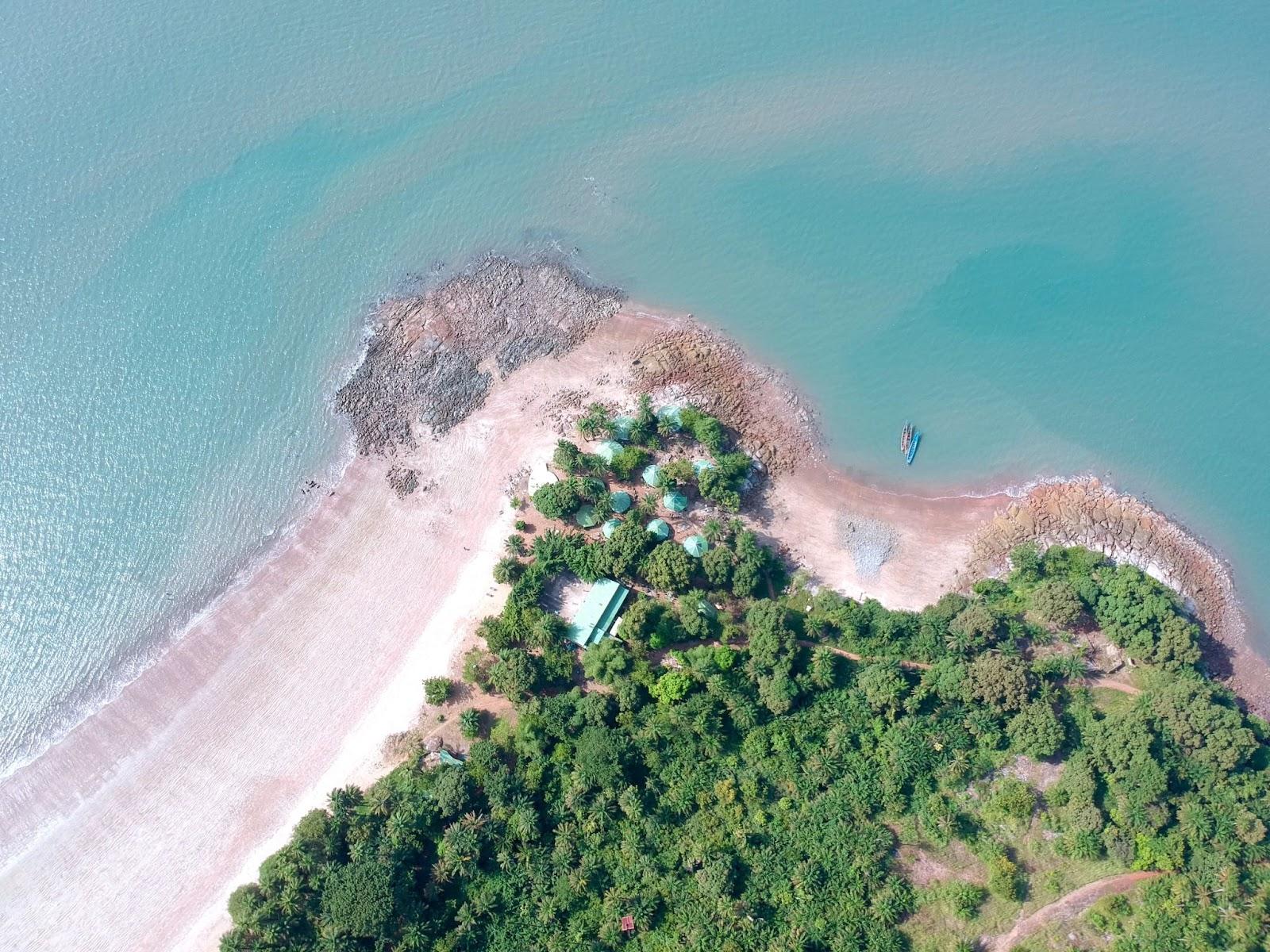
Where can I buy Central African francs?
Buy your Central African francs here at Manor FX.
Get the best central African CFA franc exchange rate and fast, free next-working-day delivery for orders over £750.
Where is the Central African CFA franc zone?
The CFA franc zone comprises 14 sub-Saharan African countries, each belonging to one of two monetary unions.
The Central Africa CFA franc zone includes Cameroon, Central African Republic, Chad, the Republic of the Congo, Equatorial Guinea (a former Spanish colony), and Gabon.
The West African Economic and Monetary Union (WAEMU) includes Benin, Burkina Faso, Côte d’Ivoire, Guinea-Bissau, Mali, Niger, Senegal, and Togo.
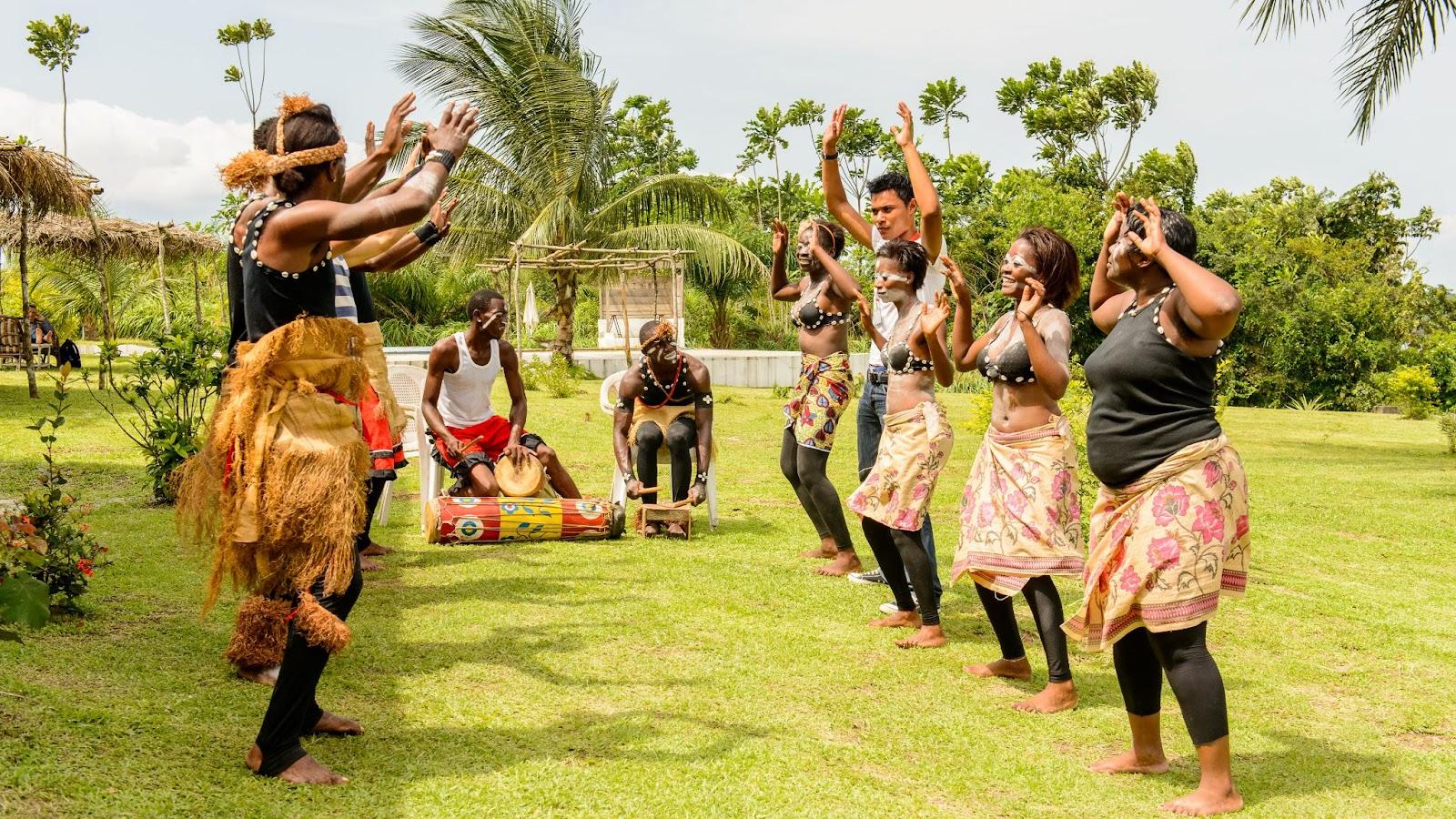
What does CFA stand for?
CFA stands for Communauté Financière Africaine or communauté financière d’afrique
(African Financial Community) in the West African context.
It also stands for Coopération Financière en Afrique Centrale (Financial Cooperation in Central Africa) for Central Africa.
Are XAF and XOF the same currency?
No, XAF and XOF are not the same currency. Both are CFA francs, but they are used in different regions:
- XAF is the currency code for Central Africa’s six member nations.
- XOF is used in the West African states. Including former French colonies (colonies Françaises d’Afrique) like Côte d’Ivoire and Guinea-Bissau. (Get XOF here)
Both currencies are tied to the French Treasury and were initially pegged to the French franc. However, they serve different member countries.
Buy CFA francs now
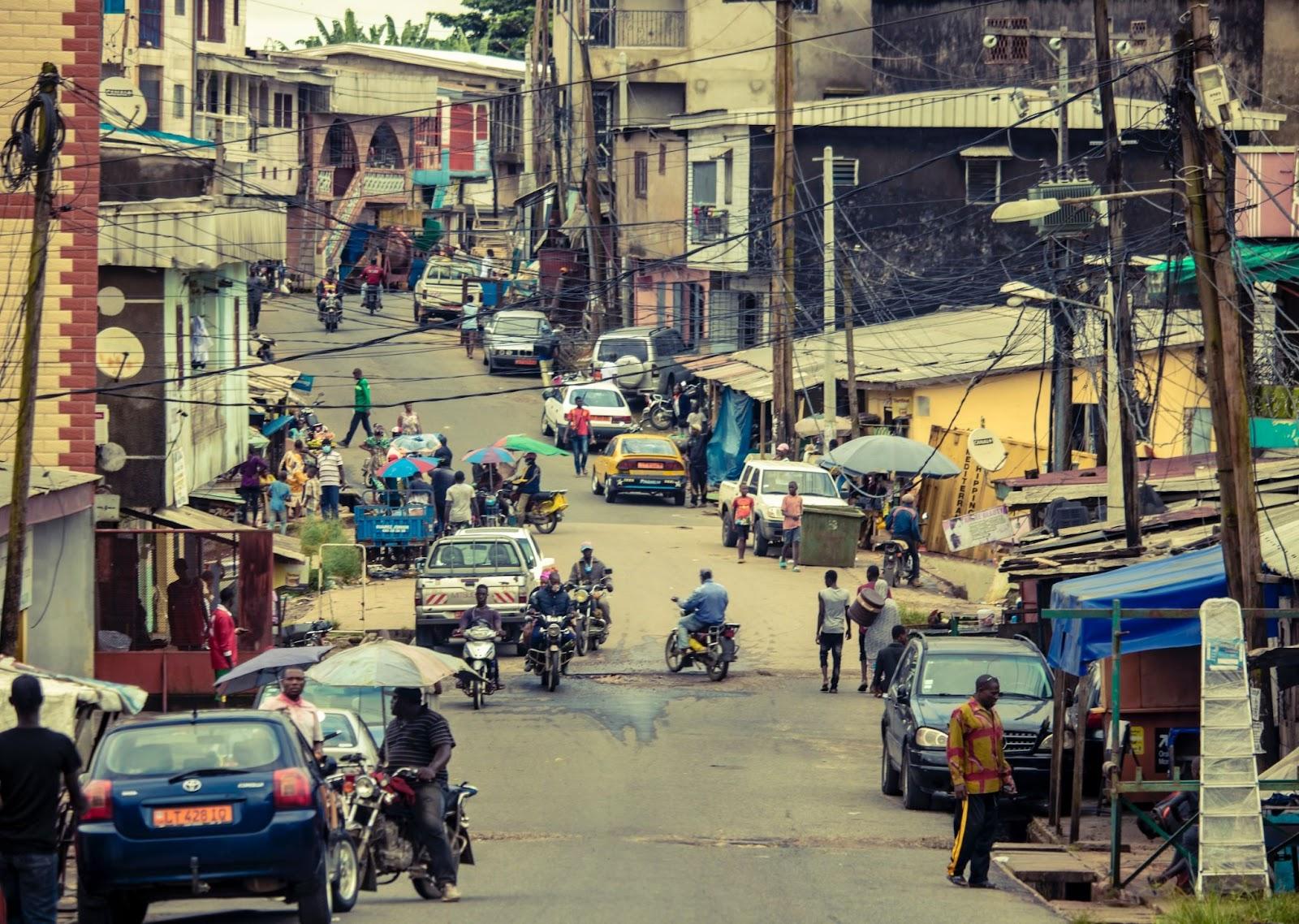
Should I exchange money before I travel to Central Africa?
Yes, it is advisable to exchange some money before travelling to Central Africa. Let Manor FX handle your GBP to CFA franc conversion.
Local currency (XAF) is helpful for immediate expenses like transport and meals, especially since many places don’t accept cards.
It’s also more convenient, as you don’t need to find an exchange office or ATM upon arrival. Plus, you can get better rates at home.
Carrying some cash serves as an emergency backup in case your cards don’t work. Exchanging money beforehand can avoid high airport fees.
Use a mix of cash and cards for flexibility during your trip.
Do I need cash in Central Africa?
Yes, cash is essential in Central Africa, especially in rural areas, local markets, and for transportation. So don’t forget to exchange GBP to XAF before you leave.
Credit and debit cards are accepted in some urban areas, but cash is often the primary payment method. Especially in smaller towns and villages where electronic systems are unavailable.
Cash is also helpful for emergencies, negotiating prices, and covering unexpected expenses.
ATMs are available in major cities but may be unreliable or inaccessible in remote areas.
To be prepared, order CFA francs before travelling, and keep your cash secure while on the move.
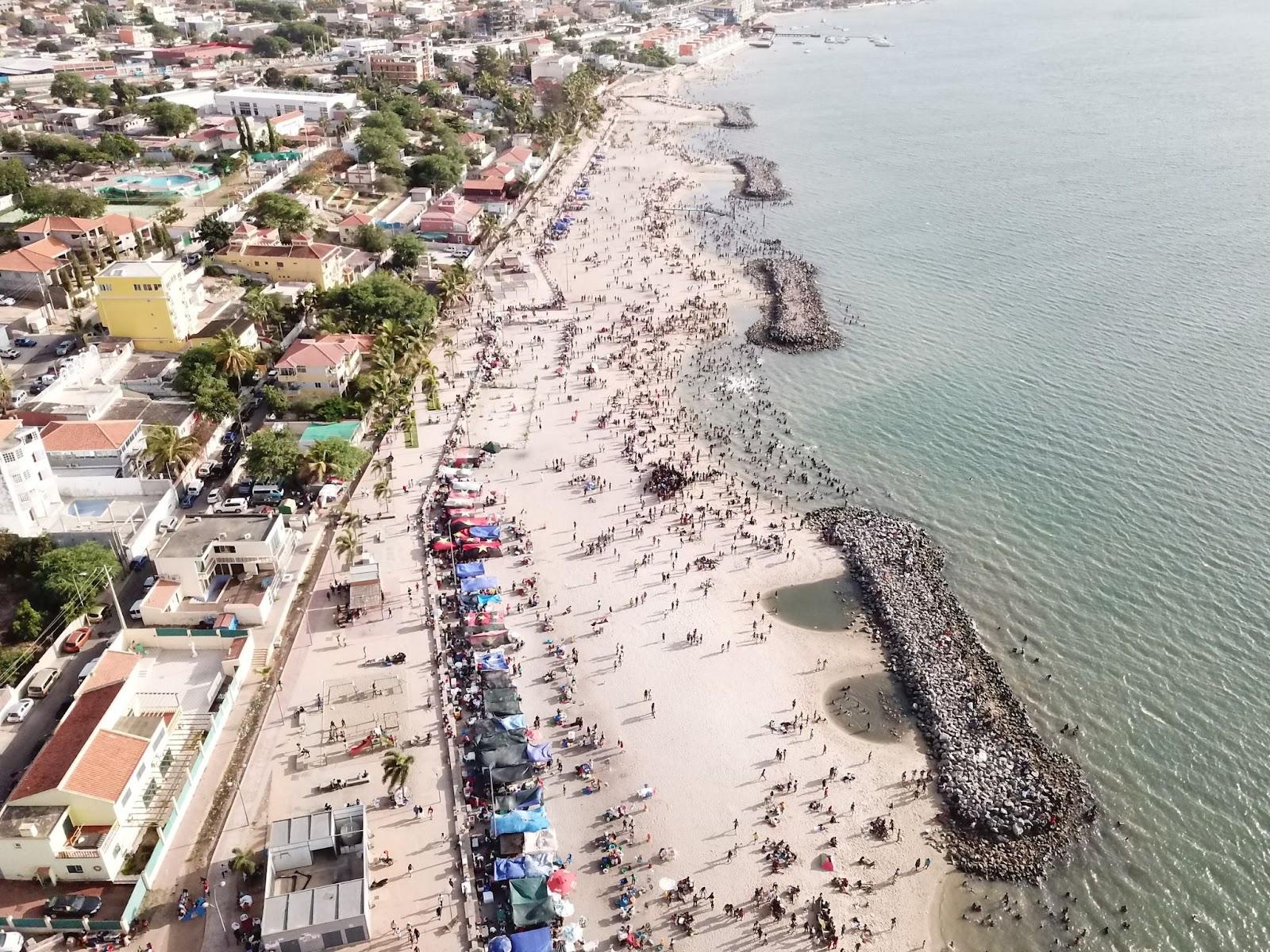
What is the best currency to bring to Central Africa?
Central African CFA franc (XAF): Essential for local transactions, transport, and small purchases. Buy XAF online with Manor FX today.
US dollars (USD): Widely accepted in larger cities and tourist areas. Ensure bills are in good condition.
Euros (EUR): Accepted in some areas, especially those with European ties.
A mix of these currencies will prepare you for different situations and expenses.
Can I use my bank card in Central Africa?
You can use bank cards in Central Africa, mainly in cities like Bangui, Brazzaville, and Yaoundé.
Some hotels and shops accept Visa and Mastercard, but cash and mobile payments like MTM Mobile Money are preferred.
ATMs offer CFA franc withdrawals but may have issues. Inform your bank before travel, check for foreign fees, and carry cash, especially in rural areas with limited card acceptance.
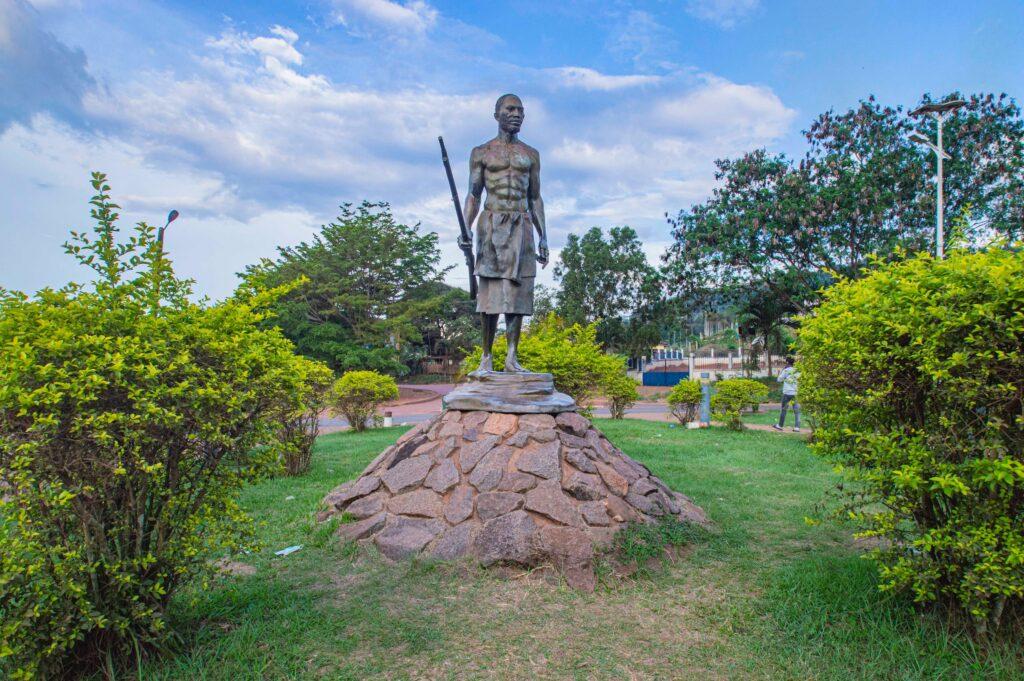
How much cash should I take to Central Africa?
Daily expenses for tourists in Central Africa vary by budget.
For budget travellers, expect £30-£80 per day, covering basic accommodations, local food, and public transport.
Midrange travellers should budget £80-£230 for midrange hotels, restaurants, and occasional taxis daily.
Luxury travellers can spend £230+ per day on upscale accommodations, fine dining, and private tours.
Costs differ by country, so research thoroughly and consider additional expenses like visas and travel insurance.
How does tipping work in Central Africa?
Tipping is appreciated but not mandatory in Central Africa. Small amounts are given for good service in restaurants, hotels, and tour guides.
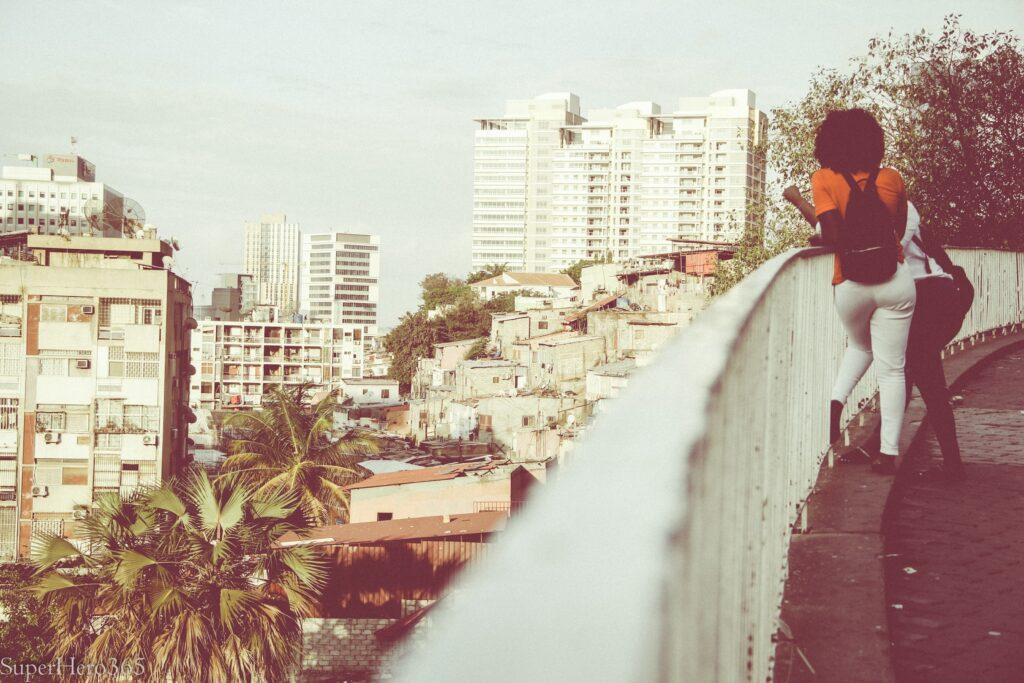
Buy CFA francs now
Central African currency
Banknotes in Central Africa
Central Africa uses the Central African CFA franc (XAF), a common currency shared by six Central African countries in the Central African Economic and Monetary Community (CEMAC), a subregion of the Economic Community of Central African States (ECCAS).
This union operates within Equatorial Africa, a region that once formed part of French Equatorial Africa, a bloc of former African colonies.
The banknotes are issued in 500, 1,000, 2,000, 5,000, and 10,000 XAF denominations.
Each note features unique colours and designs that highlight the heritage of African nations, including native wildlife, traditional art, and local landmarks.
The International Monetary Fund and World Bank have both engaged with the region to support economic stability and integration.
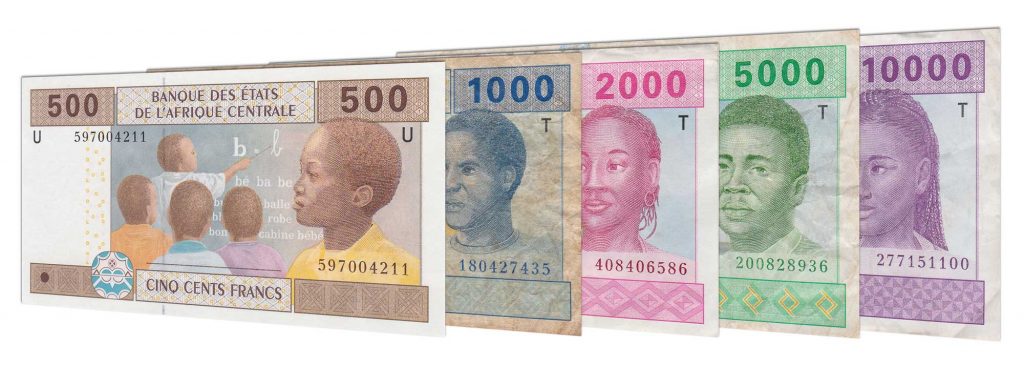
Coins in Central Africa
CFA franc coins are available in 1fr, 2fr, 5fr, 10fr, 25fr, 50fr, and 100fr denominations.
Designs include national symbols, local fauna, and cultural icons. Coin materials such as nickel, brass, and copper vary by denomination.
Equatorial Guinea is notable among the Central African Monetary Union countries as the only former Spanish colony.
Central Africa’s currency import and export regulations
Bringing money in and out of Central Africa involves specific currency regulations and limits.
Currency regulations in Central Africa vary by country but generally require declarations for large sums.
Travellers entering or leaving Cameroon or the Central African Republic must declare any local or foreign currency exceeding XAF 1,000,000 or its equivalent. Failure to declare may lead to penalties.
In Chad, the Republic of the Congo, Equatorial Guinea, and Gabon, a declaration is also required for currency amounts over a certain threshold. These limits can change, so always check the latest rules before travelling.
Ordering Central Africa CFA Francs online
Order Central African CFA francs (XAF) online.
Get swift and secure delivery right to your doorstep or workplace using Royal Mail Special Delivery Guaranteed®.
Alternatively, you can order XAF online and collect your currency at our travel money store located near Heathrow Airport.
Convert your British pound to Central African CFA franc now and get the best Central African Republic franc exchange rate.
Whether you’re looking for:
- Cameroon currency (the currency of Cameroon)
- Central African Republic currency (currency of the Central African Republic)
- Chad currency (the currency of Chad)
- Congo Brazaville currency
- Equatorial Guinea currency
- Gabon currency (the currency of Gabon)
… we’ve got you covered!
Selling back Central Africa CFA Francs
Got leftover Central African currency to sell? Simply follow this link to exchange Central African Franc to GBP. Click on ‘sell currency’ and choose ‘XAF Central African CFA Franc.’
We offer competitive rates for your XAF to GBP conversion ensuring you get the best value for your currency.

FAQs
Is the Central African franc pegged to the euro?
Yes, the Central African CFA franc (XAF) is pegged to the euro at a fixed exchange rate, guaranteed by the French Treasury.
Why are there two CFA francs?
There are two CFA francs because they serve different regions in Africa. The Central African CFA franc (XAF) is used by six Central African countries, while the West African CFA franc (XOF) is used by eight West African countries that make up the West African Monetary Union.
Both are guaranteed by the French Treasury but are not interchangeable.
Do I need a visa to travel to Central African Republic?
Yes, British nationals typically need a visa to travel to the Central African Republic (CAR) for tourism or other non-official purposes.
CAR requires visitors from the United Kingdom and many other countries to obtain a visa before entering the country.
Do you need vaccinations to go to Central Africa?
Yes, travellers to Central Africa are usually advised to get vaccinations for yellow fever (often mandatory), hepatitis A, typhoid, and routine immunisations. Others, like rabies or meningitis, may be recommended depending on the country and activities.
Always check the latest health advice for your specific destination.
Why do African countries use the CFA franc?
Many former French colonies adopted the CFA franc, which is pegged to the euro and backed by the French Treasury, to ensure currency stability.
How much is $1 US dollar in CFA francs?
Exchange rates vary, but $1 USD is typically around 600–650 CFA francs—check the latest Central African franc exchange rate.
Are XOF and XAF the same?
No, XOF (West Africa CFA franc) and XAF (Central African CFA franc) have equal value but are not interchangeable.
Where is the Central African CFA franc zone?
It includes six central African countries: Cameroon, Central African Republic, Chad, Congo, Gabon, and Equatorial Guinea.
What is the currency used in Cameroon?
Cameroon uses the Central African CFA franc (XAF).
What currency does Equatorial Guinea use
Equatorial Guinea uses the Central African CFA franc (XAF).
What is Chad currency?
Chad uses the Central African CFA franc (XAF).

Feel the Trustpilot love

Great competitive rates & friendly & helpful staff. Easy to order online & collect in person or delivery.

Great, fast and reliable service would certainly use again for my travel needs, as the rates are the best around!

This amazing company have gone above and beyond in getting a large amount of a rare currency across the pond to Ireland.

Great rates and really responsive, friendly customer support, will definitely be using Manor FX again.

Manor FX gave me a better rate than my bank with great customer service, I highly recommend them.

Family run business that’s always super helpful. Manor FX’s rates are always really good as well!
 Get
Get
Central African CFA Francs Fast!
- Free home delivery over £750
- with Royal Mail Special Delivery 1pm
- Better rates than the banks